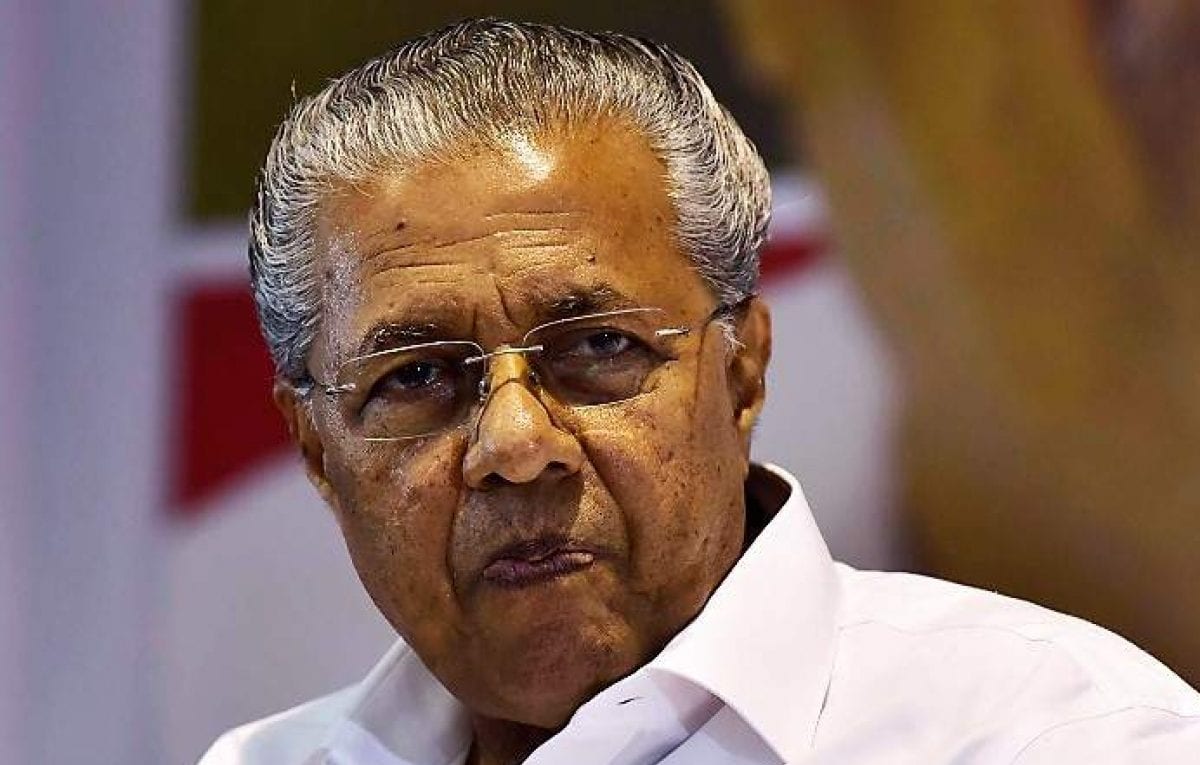
Kerala govt in a bind over UGC move to invite foreign varsities to India
LDF “not against private investment, including those made in higher education sector, if there are no strings attached” but will not allow foreign varsities “in contravention to the state’s interest”

As the University Grants Commission (UGC) prepares to invite foreign universities to establish campuses in India, giving them nearly complete autonomy in managing the institution, the government of Kerala seems to have gotten itself into a pickle. Even though the government has not taken a stance on the matter, it is evident from the noncommittal reactions from its top leaders that the ruling coalition has not yet arrived on a consensus on how to go about the UGC regulations.
What the Left parties feel
The central leadership of the left parties, the CPI and CPI(M), has already made it clear that it is opposed to the UGC’s move to facilitate foreign universities and educational institutions to set up autonomous campuses in India.
Education: UGC’s dual-degree scheme removes learning silos, but fees and other concerns remain
“It is crystal clear that the educational policies of the government and the higher education authorities will undermine the sovereignty of the educational process. In the past, Indian corporates have been allowed to set up shops, granting them National Eminence status, after which no further development has been reported in the public domain. Indian higher education sector is reeling in the aftermath of the New Education Policy and the overzealous pursuit of online education during Covid.
“All studies have revealed a sharp increase in the dropout rates in colleges and universities. Access to higher education is under grave threat for students who are at the receiving end of economic and social inequalities. The proposed move is not going to enable the country to address the current challenges that face higher education,” read a communique issued by the CPI(M) politburo. The CPI leadership also did not waste any time to react sharply against the UGC’s initiative.
Also read: Kerala: With SC ruling on varsity VC, UGC may get edge over state laws
“The policy will harm, dilute and destroy the Indian higher education system, leading to commercialisation. This decision will make education expensive and Dalits, Adivasis, minorities and the poor will be adversely affected. The decision is a reflection of the government’s pro-rich approach in the background of a statement made in Parliament by the education minister that Indians should stop depending on the idea that universities should be funded by the government,” the CPI national council said in a statement.
“Not against private investment, but…”
According to sources, the party’s Kerala leaders expressed a similar view in the LDF state committee held at Thiruvananthapuram on Friday when it discussed allowing private and deemed universities in the state. Janata Dal (S) leaders also raised their concerns in the meeting. Although the committee did not discuss about the draft UGC regulations inviting foreign universities, it did give green light to private and deemed universities in the state, overturning its previous vehement opposition.
“If they can raise the bar of higher education, they should not be denied permission. We are not against private investment, including those made in higher education sector, if there are no strings attached, explained EP Jayarajan, convenor of the LDF. As far as foreign universities are concerned, it is for the Union government to decide. But if it is in contravention to the state’s interest, we will not allow it,” added Jayarajan.
In fact, the Kerala unit of the CPI(M) had already given the nod to private investment in the higher education sector during its 23rd Party Conference. In its “vision statement for a new Kerala” presented by Chief Minister Pinarayi Vijayan, the party called for a private and PPP model of higher education and research institutions, which was a clear shift in its long-standing policy.
Also read: UGC: Distance learning degrees to be on par with conventional ones
“The position of the CPI(M) on this is crystal clear; the party is not opposed to private investment, but allowing autonomous campuses of foreign universities is different, which needs detailed deliberations,” said CPI(M) state secretary MV Govindan.
No clear decision
A lack of clear decision on the foreign universities setting up autonomous campuses was evident in the left think tank also.
Dr J Prasad, former vice-chancellor of the Sree Sankaracharya University of Sanskrit, in his article published in the CPI(M) mouthpiece Deshabhimani, argued that the UGC’s move will result in the emergence of elite educational institutions with high tuition that are inaccessible to the general public, degrading the nation’s higher education sector. On the other hand, the Kerala State Higher Education Council is yet to take a stance on it.
“We are holding different levels of meetings these days and will be coming up with a plan, said Dr Rajan Gurukkal, the vice-chairman of the Kerala State Higher Education Council, told The Federal.
Also read: UGC issues cautionary guidelines for students seeking admission in distance learning programmes
According to sources in the higher education department of Kerala, the government is mulling over how to maintain some degree of control over the foreign universities that would be coming to the state. They would ideally like to intervene in the fee structure, course structure, examination pattern, and academic standard of the proposed centres of the foreign universities.


